Top Class Actions’s website and social media posts use affiliate links. If you make a purchase using such links, we may receive a commission, but it will not result in any additional charges to you. Please review our Affiliate Link Disclosure for more information.
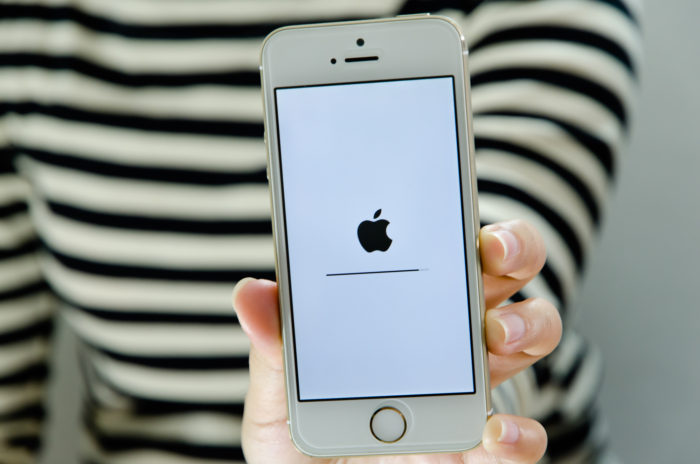
Lead plaintiffs claim in the Apple iPhone defect class action lawsuit that the tech giant knew of the defect that led to poorly performing batteries and tried to deal with it by secretly slowing the devices, also known as “throttling.”
The plaintiffs, including nearly 80 iPhone 6 users from around the world, say the throttling constituted another defect and was done without their permission.
“Apple partially ‘cured’ one defect by making another defect more aggressive — accomplished by violating federal computer fraud laws and a host of various state laws,” alleges the Apple iPhone defect class action lawsuit.
According to the Apple iPhone defect class action lawsuit, consumers began complaining about the poor performance of their devices’ batteries in 2016.
The iPhone class action lawsuit alleges that instead of fixing the battery defect, Apple produced a software update that slowed the performance of the mobile phones once installed.
The Apple iPhone defect class action lawsuit claims that the company failed to disclose to consumers that the update would lead to poor performance.
“Missing from these statements to consumers or to the tech press was the true purpose of the software update — to conceal a much larger defect than the public knew — namely, there was a mismatch between the devices’ hardware, including their processing chips and rechargeable lithium-ion batteries, and the ever-increasing demands placed on the devices via Apple’s constantly-updating iOS software platform,” alleges the Apple iPhone defect class action lawsuit.
The plaintiffs say that Apple hid the true purpose of the update because they wanted to increase sales. According to the Apple iPhone defect class action lawsuit, the company was attempting to avoid bad press after experiencing a slump in sales.
“Only after independent research was published online in mid-December 2017, demonstrating the marked degradation of performance in a large sampling of the Devices after installation of the Updates, did Apple attempt to start to come clean,” claims the Apple iPhone defect class action lawsuit. “On December 20, 2017, Apple tacitly admitted that the Updates intentionally slowed the Devices.”
The Apple iPhone defect class action lawsuit alleges that as a result of the “sly saga” of cover ups, consumers ended up purchasing defective devices, new batteries, and even new devices.
“Although technically complex in part, the scheme was logical and simple: The devices were designed defectively, and Apple released software updates to conceal the defects, all the while exacerbating the effects of the defects — principally decreased performance — so that device users had no choice but to purchase new batteries or upgrade their devices, resulting in additional payments to Apple and a sustained (albeit forced) customer base,” contends the Apple iPhone defect class action lawsuit.
The plaintiffs seek to represent “[a]ll purchasers, owners, users or lessees of the following Apple Devices: the Apple iPhone 5, 5s, 5c, 6, 6s 6 Plus, 6s Plus, SE, 7, 7 Plus, and the Apple iPad, including the Fourth Generation, Mini, Air, Mini 2, Update to Fourth Generation, Air 2, Mini 3, Mini 4, Pro, and 9.7-Inch Pro, Fifth Generation, 10.5-Inch Pro, 12.9-Inch Pro, and Sixth Generation.”
The Apple iPhone defect class action lawsuit is seeking actual, statutory, and punitive damages.
The plaintiffs and proposed Class are represented by Cotchett Pitre & McCarthy LLP, Kaplan Fox & Kilsheimer LLP, Levin Sedran Berman, Sulaiman Law Group, Casey Gerry, Johnston Fistel, Haeggquist Eck, Simon Law Firm and Podhurst Orseck.
The Apple iPhone Defect Class Action Lawsuit is Alex Rodriguez, et al. v. Apple Inc., Case No. 5:18-cv-03989, in the U.S. District Court for the Northern District of California.
ATTORNEY ADVERTISING
Top Class Actions is a Proud Member of the American Bar Association
LEGAL INFORMATION IS NOT LEGAL ADVICE
Top Class Actions Legal Statement
©2008 – 2024 Top Class Actions® LLC
Various Trademarks held by their respective owners
This website is not intended for viewing or usage by European Union citizens.



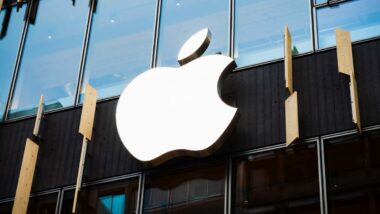


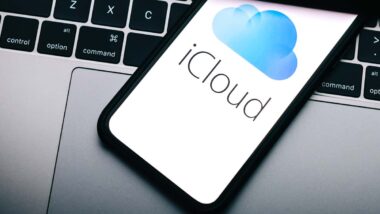

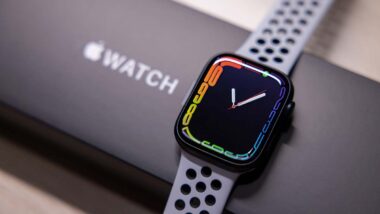

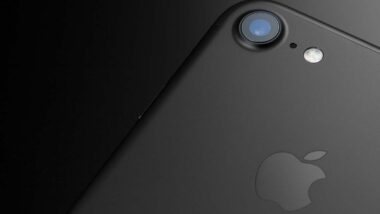



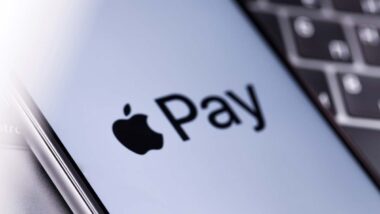
1,704 thoughts onApple iPhone Class Action Lawsuit Alleges Battery Defect
Ipad charges very slowly, runs down quickly.
wHY ? Have several devices I own that were recalled- Why has apple NOT notified me? I know they have my phone number!
add me
Have two iphone 6s plus, horrible batteries
iPhone 5s
Battent runs out
4 times a day
I had the battery get really fat making the iphone puff up. I changed the battery and it still gets very hot to the touch!! It is a manufacturer defect as an android don’t even get that hot!! Apple should be held responsible in their design flaw!! You can’t put it in a case as it would get even hotter!!
Add me. I have 5s in my possession Which it happened to. This also happened in two 7 iPhones, but I no longer have them so need m to find paperwork for serial numbers. I purchased through att so I may be able to get records from them.
My six Plus is horrible